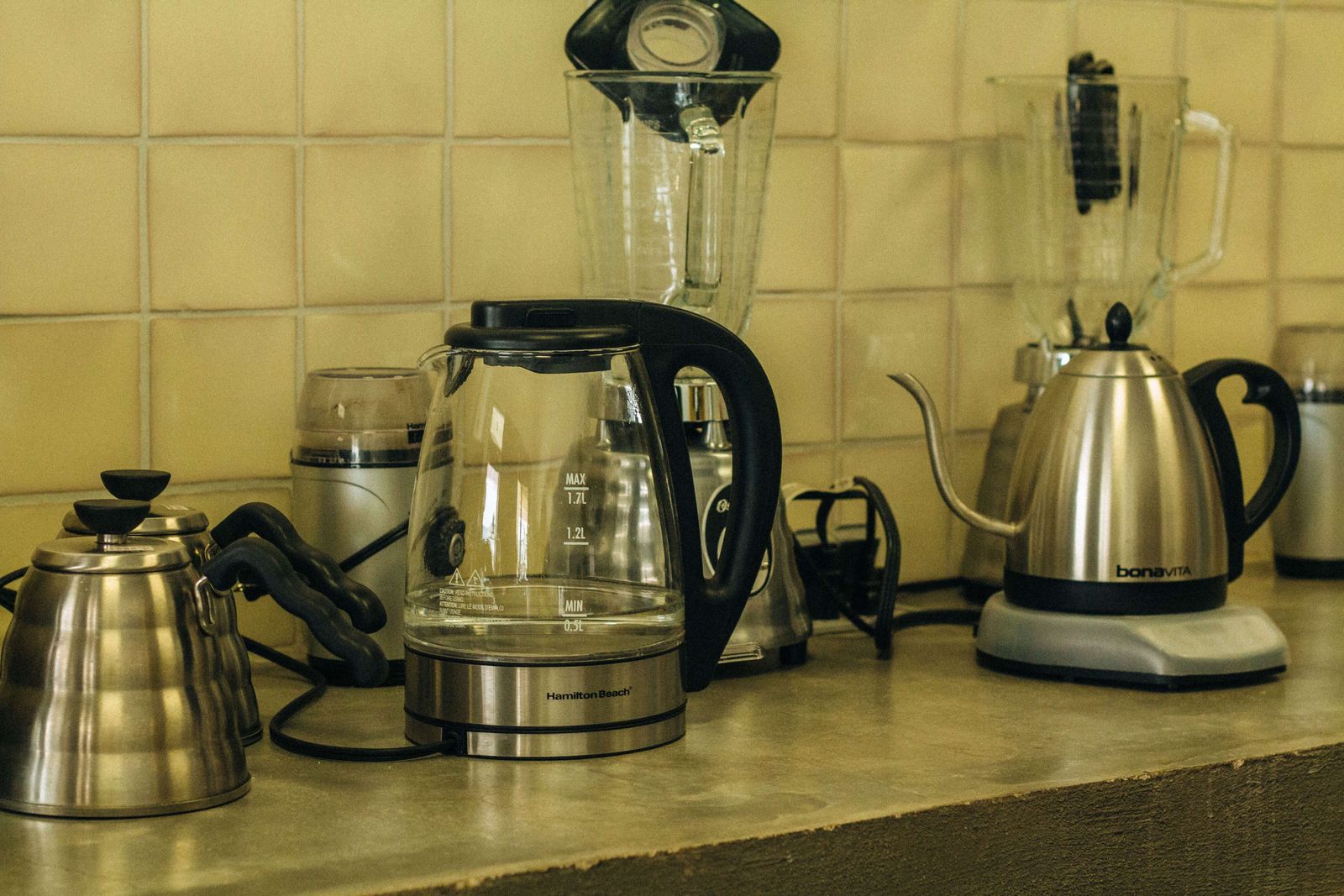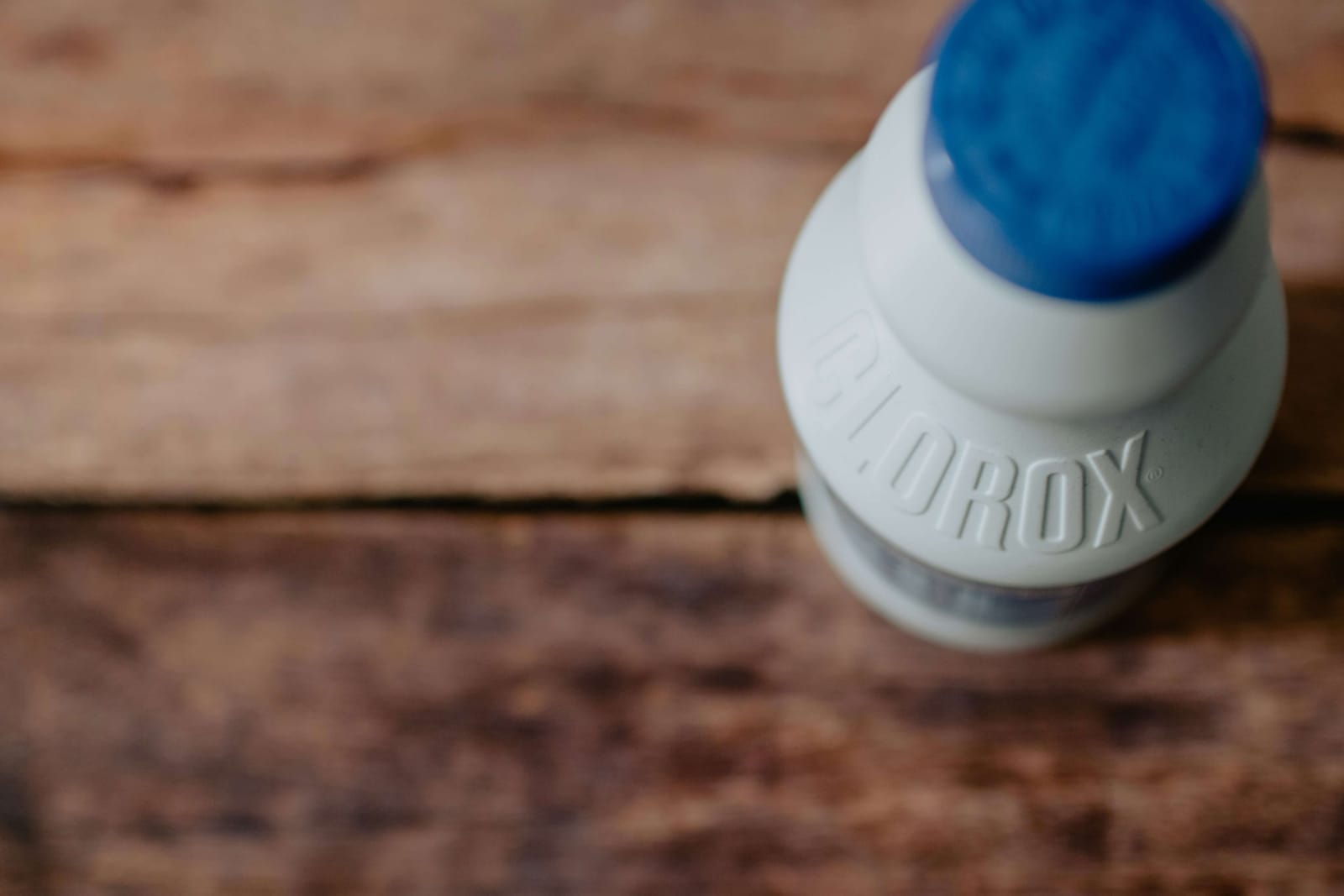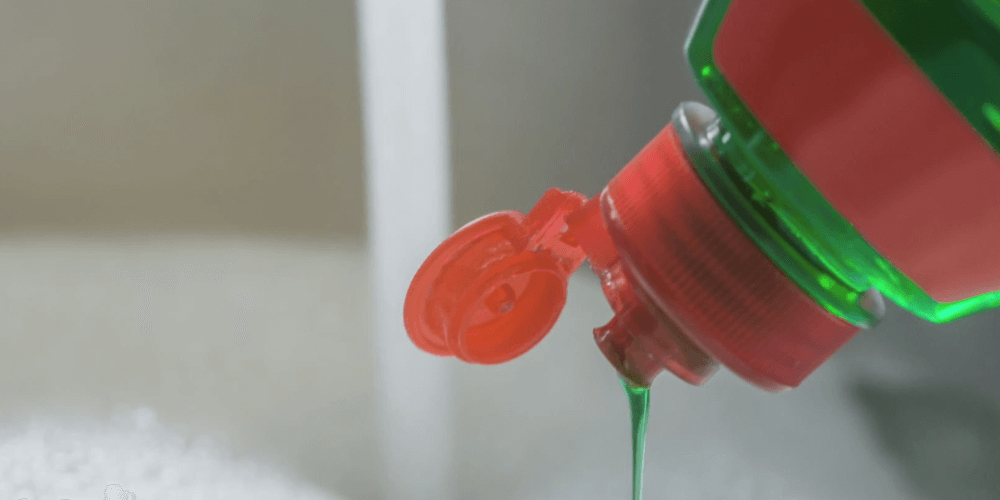When it comes to boiling water for your tea or coffee, the type of kettle you use can make a significant difference. Whether you're a traditionalist who prefers stovetop kettles or someone who values the convenience of electric kettles, each has its own set of advantages and disadvantages.
In this guide, we'll break down the key elements that set these two types of kettles apart, helping you make an informed decision.
What Are Kettles Made of?
Kettles come in a variety of materials, each with its own set of pros and cons:
- Plastic: Plastic kettles are lightweight and affordable, making them a popular choice for budget-conscious consumers. However, they are less durable compared to other materials and may not withstand high temperatures over an extended period.
- Glass: Glass kettles are visually appealing, allowing you to see the water boiling inside. They are also easy to clean and do not retain flavors or odors. However, glass kettles can be fragile and may require careful handling to prevent breakage.
- Aluminum, Brass, or Copper: These materials are often used in traditional stovetop kettles due to their excellent heat conductivity. They heat up quickly and evenly distributes heat. However, they may react with certain acidic beverages, affecting the taste and potentially posing health risks if consumed in large amounts.
- Stainless Steel: Stainless steel kettles are highly durable, resistant to rust and corrosion, and can withstand high temperatures. They are also easy to clean and maintain. Stainless steel is a popular choice for both stovetop and electric kettles due to its versatility and longevity.
For an in-depth exploration of the evolution of the tea kettle from its origins to the present day, we invite you to read our article on the historical journey of this iconic kitchen tool.
Stovetop vs Electric Kettles: Key Differences
Heating Mechanism
- Stovetop Kettles: These kettles require a gas or electric stove for heating. They often feature a whistle to signal when the water reaches its boiling point.
- Electric Kettles: These are standalone appliances with built-in heating elements that can boil water in minutes. They often come with features like temperature control and automatic shut-off.
Pros and Cons
Stovetop Kettles
- Pros:
- Aesthetic appeal
- Versatility
- Control over heating
- Whistle feature
- Cons:
- Slower heating time
- Requires supervision
- Inconsistent heat distribution
Electric Kettles
- Pros:
- Speed and convenience
- Automatic shut-off
- Temperature control
- Keep-warm function
- Cons:
- Limited portability
- Takes up counter space
- Higher cost
Should You Buy an Electric Kettle?
If you're contemplating the purchase of an electric kettle, weighing the pros and cons can help you make an informed decision.
Pros:
- Time-Efficiency: Electric kettles bring water to a boil much faster than their stovetop counterparts, making them a great choice for those who are always on the go.
- Safety Features: With built-in safety measures like automatic shut-off and boil-dry protection, electric kettles offer an added layer of security during use.
- Precision and Versatility: Advanced models come with temperature control and keep-warm functions, allowing you to tailor your brewing experience to different types of beverages.
- Ease of Use: Electric kettles are generally straightforward to operate, requiring little more than the push of a button.
Cons:
- Cost: High-end electric kettles with advanced features can be more expensive than basic stovetop models.
- Limited Portability: These kettles need an electrical outlet, restricting their use to areas near a power source.
- Counter Space: If your kitchen is already cramped, an electric kettle will take up additional counter space.
Is Using an Electric Kettle Harmful?
Electric kettles are generally safe to use, provided you follow the manufacturer's guidelines. It's crucial to choose a kettle made from food-grade materials and free from harmful chemicals or coatings that could leach into the water.
Cost-Effectiveness: Electric Kettle vs Stovetop Kettle
When it comes to operating costs, electric kettles generally edge out stovetop kettles in terms of energy efficiency. They are designed to heat water quickly, minimizing energy waste. Many models also feature automatic shut-off to prevent unnecessary power consumption. However, the exact cost difference can vary based on your local electricity rates and how frequently you use the kettle.
Frequently Asked Questions
Is an electric kettle better than a stovetop kettle?
The answer depends on your specific needs and preferences. Electric kettles are faster and offer more features, while stovetop kettles provide a more traditional experience.
Is a stovetop kettle cheaper to run than an electric kettle?
Electric kettles are generally more energy-efficient, but the cost difference may vary depending on your local electricity rates.
Which is more energy-efficient: an electric kettle or a stovetop kettle?
Electric kettles are usually more energy-efficient due to their faster boiling times and automatic shut-off features.
Does an electric kettle boil water faster than a stovetop kettle?
Yes, electric kettles typically boil water faster due to their built-in heating elements.
Further Reading
- If you've decided to go with a stovetop kettle but are unsure where to begin, we encourage you to check out our article on the best stovetop kettles, where we provide seven top recommendations to help you get started on finding the perfect one for your needs.
- If you're leaning towards an electric kettle, our article on the best electric gooseneck kettles can serve as a helpful starting point to guide you in the right direction.
- Find out the optimal method to clean your kettle in T Ching's article "Dirty Little (Tea) Secrets."



